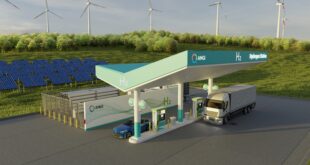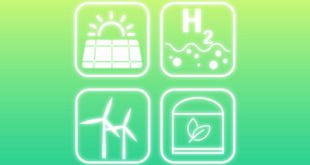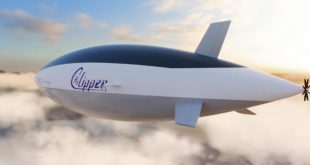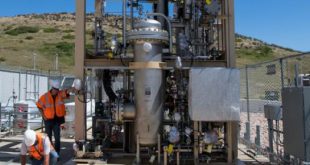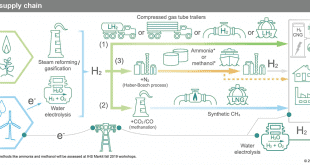Using water as gas supplement for vehicles is an emerging technology. People using this kind of system is claiming that they were able to improve their gas mileage almost up to 60%, making them able to save hundreds of dollars within a year on gas alone.
More and more people are getting intrigued by this technology. The main companies selling this system, would include in their package different parts to install on your car to be able to use water on your engine. They would include hydrogen generators or electrolyzers and other car parts. But is this really possible? Can water really be changed into a fuel supplement for gasoline that would enable your vehicle to run smoother?
With the water to gas technology, HHO, also called hydroxy or Brown’s gas is used to supplement its fuel. It doesn’t mean that you would have to put a water hose into your gas tank and use it as fuel. HHO is also called oxyhydrogen and contains a mixture of hydrogen (H2) and oxygen (O2). Chemist William Nicholson was the first person to decompose or separate water into its component gasses back in 1800s.
Oxyhydrogen will burn up when brought to its kindling point. Kindling point will be the lowest temperature wherein a substance will spontaneously ignite without the need for a spark or flame. When ignited, oxyhydrogen will convert into water vapour and then will release its energy.
This concept was applied on lights. Oxyhydrogen lamps, like the limelight, is using an oxyhydrogen flame to heat a piece of lime to give light. Another product is the oxyhydrogen torch. This torch is an oxy-gas torch. It burns hydrogen with oxygen. This equipment is used for cutting and welding metals, glass and thermoplastics. The flame begins a short distance from the tip of the torch; if the distance is great enough the torch tip can remain cool. Oxyhydrogen is also claimed to increase the efficiency in automotive engines. One liter of water is said to creat 1860 gallons of oxhydrogen.
So why use the name Brown’s gas for oxyhydrogen? Oxyhydrogen gas produced by a common-ducted electrolyzer has been referred to to as Brown’s Gas. It was named after Yull Brown who received a patent for a series cell common ducted electrolyzer made in 1977 and 1978. Actually, Brown’s gas is not used in his patents, the gas produced has been referred to “ a mixture of oxygen and hydrogen”. Brown’s Gas also claims that it can be used for the following applications although further research may be required:
1.Air conditioning and cooling
2. Atmospheric motors
3. Cleansing of smokestack
4. Coal to Oil conversion
5. Curing
6. Deep-sea life support
7. Destruction of toxic wastes
8. Drying of fruit and legumes
9. Fuel Cell
10. Glazing and Kiln operation
11. Graphite production
12. Heating
13. Hydrogen production
14. Mineral separation
15. Nuclear waste decontamination
16. Ore separation
17. Oxygen production
18. Production of hard materials
19. Production of electricity
20. Pure water production
21. Silica conversion
22. Space life support
23. Underwater welding
24. Vacuum systems
25. Water pumps
26. Welding and brazing
There could numerous ways this water to gas technology can be used. Numerous ways that could make our lifestyle more efficient and less costly. But the road to discovery is a very hard road. It took decades before this technology was made available for us. Hopefully, it would take that long too just to be able to prove and provide other ways to use and benefit from this technology.
This post was made using the Auto Blogging Software from WebMagnates.org This line will not appear when posts are made after activating the software to full version.
 Alternative Energy HQ solar power for homes, wind energy, and bio fuel issues
Alternative Energy HQ solar power for homes, wind energy, and bio fuel issues

